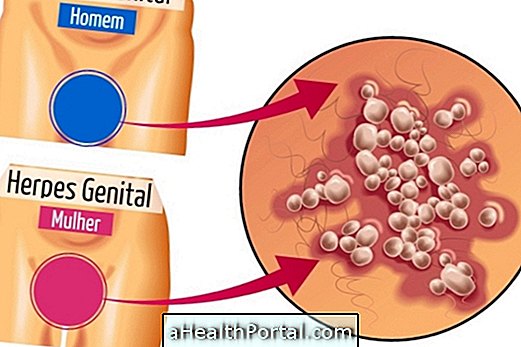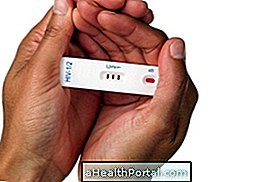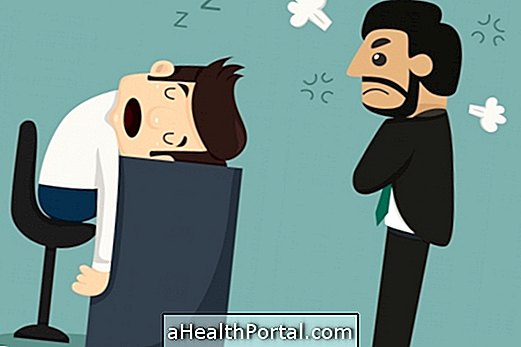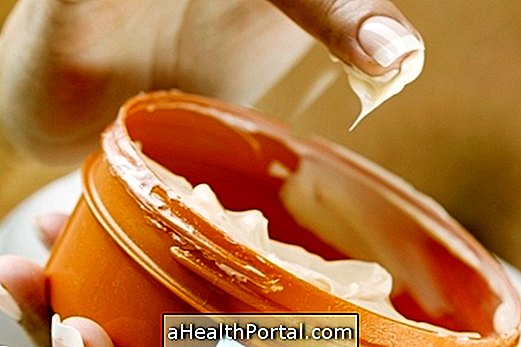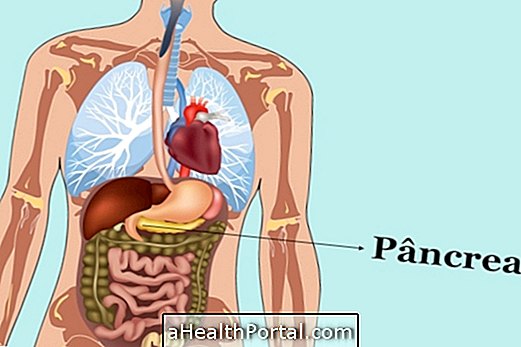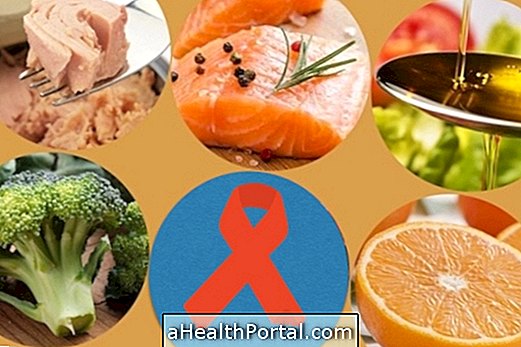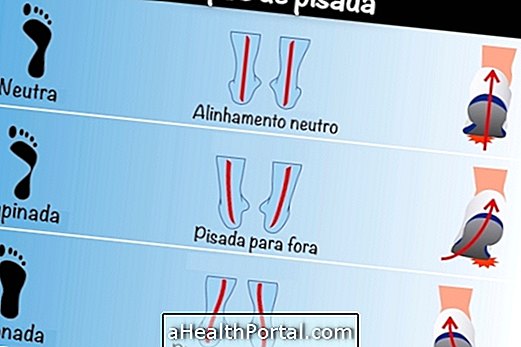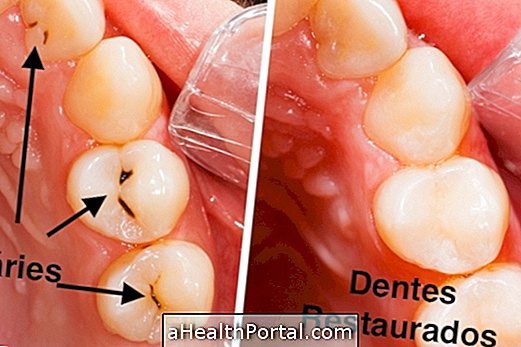Hypogonadism is a disease in which the ovaries or testes do not produce or produce few sex hormones.
The result of hypogonadism may be infertility, absence of puberty, menstruation or poor development of the male sexual organ.
Treatment of hypogonadism
The treatment of hypogonadism is done through hormonal medicines to replenish hormones, stimulate ovulation in women and the production of spermatozoa in man. In some cases surgery may be necessary.
When hypogonadism is caused by tumors, radiation therapy may be part of the treatment.
Causes of hypogonadism
The causes of hypogonadism may be primary or secondary.
Primary hypogonadism is also called hypergonadotropic hypogonadism and secondary hypogonadism of hypogonadotrophic hypogonadism.
Causes of primary hypogonadism
Causes of primary hypogonadism include:
- Autoimmune, renal or hepatic diseases;
- Genetic problems, such as Turner's Syndrome in women, and Klinefelter Syndrome in man;
- Infection;
- Radiation;
- Surgery.
In hypergonadotrophic hypogonadism the ovaries or testes do not function properly, producing few or no sex hormones because they do not respond to the brain stimulus.
Causes of secondary hypogonadism
Causes of secondary hypogonadism may include:
- Abnormal bleeding;
- Genetic problems;
- Infection;
- Nutritional deficiencies;
- Excess of iron;
- Radiation;
- Rapid weight loss;
- Tumors;
- Surgery.
In hypogonadotrophic hypogonadism, the hypothalamus and pituitary, which are the sites of the brain that control the gonads, which in turn are ovaries and testes that do not function properly, with little or no production of sex hormones.
Useful links:
- Female hypogonadism
- Male hypogonadism




